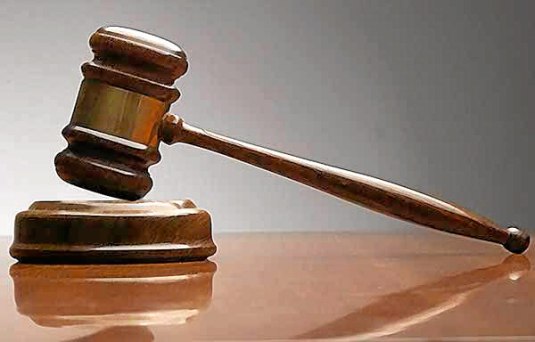OAU lecturer sues colonel, police CP over alleged harassment

OAU lecturer sues colonel, police CP over alleged harassment
An Obafemi Awolowo University lecturer, Prof. Chijioke Uwasomba, has dragged Colonel Abubakar Alkali of the Special Investigation Bureau, Nigeria Army Military Police, before a Federal Capital Territory High Court over alleged harassment and violation of his fundamental human rights.
Uwasomba, a lecturer in the Department of English also demanded the sum of N10m as exemplary damages for “wrongful invitation” and the “threat to arrest him by the personnel of the police at the instance of Colonel Alkali for no legal justification”.
The suit marked W/7744/23 also listed the FCT Commissioner of Police as the second respondent.
The plaintiff in the fundamental human rights enforcement suit filed by his lawyers, Onyeisi Chiemeke and Abdul Mahmud, claimed he got a series of invitations with threats of arrest from the police following a breach of agreement by the respondent.
He also demanded a declaration that the orders for his invitation and arrest by the police and its agents “based on the misleading information” by Alkali of a business transaction (agency relationship) between them was wrong, unlawful, illegal and a violation of his fundamental rights to personal liberty and freedom of movement as guaranteed by Sections 35, 41 and 44 of the constitution of the Federal Republic of Nigeria, 1999 and Article 6, 12 and 14 of the African Charter of Human and Peoples Rights, Laws of the Federation of Nigeria, 2004.
The OAU don asked the court to restrain the respondents, their servants, agents, and/or privies, jointly or severally, or any law enforcement agency acting pursuant to their instructions from threatening, harassing, arresting, or detaining him and members of his family based on the complaint of the first respondent, in violation of his rights to dignity of the human person, personal liberty, freedom of movement and right to work guaranteed by Sections 34, 35, 37 and 41 of the Constitution of the Federal Republic of Nigeria 1999.
Uwasomba also asked the court to declare that the first and second respondents were not empowered by the laws of the Federal Republic of Nigeria or any other statute or instrument to threaten, harass, arrest, or detain him in violation of his Fundamental Rights to dignity of the human person, personal liberty, freedom of movement and right to work guaranteed by Sections 35, 37 and 41 of the Constitution of the Federal Republic of Nigeria 1999.
No date has, however, been fixed for hearing of the case.
Credit: Punch Newspaper